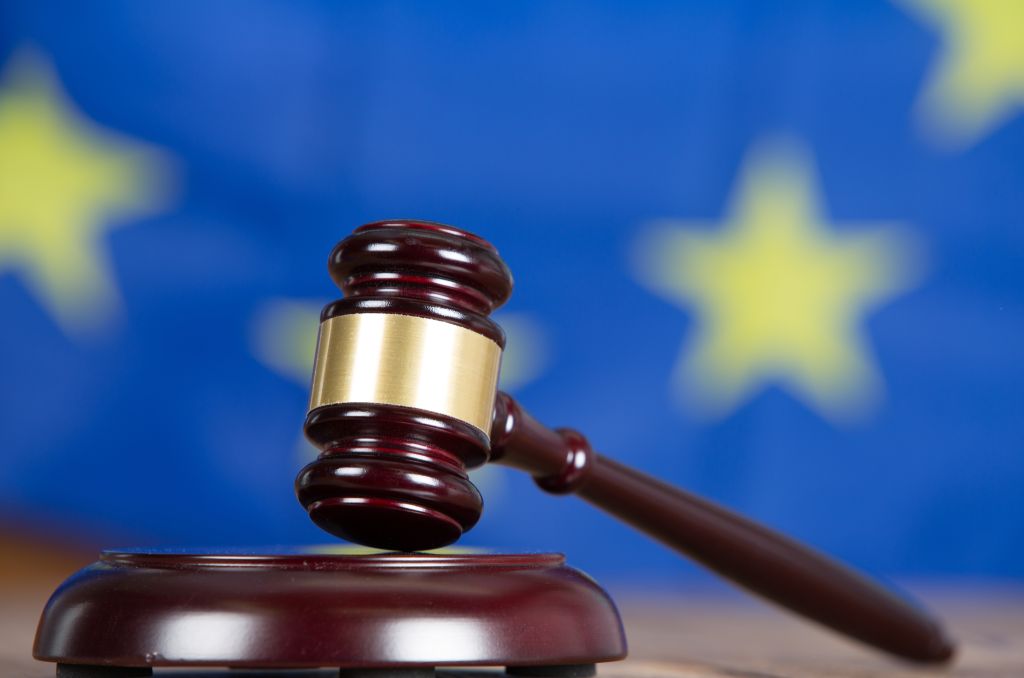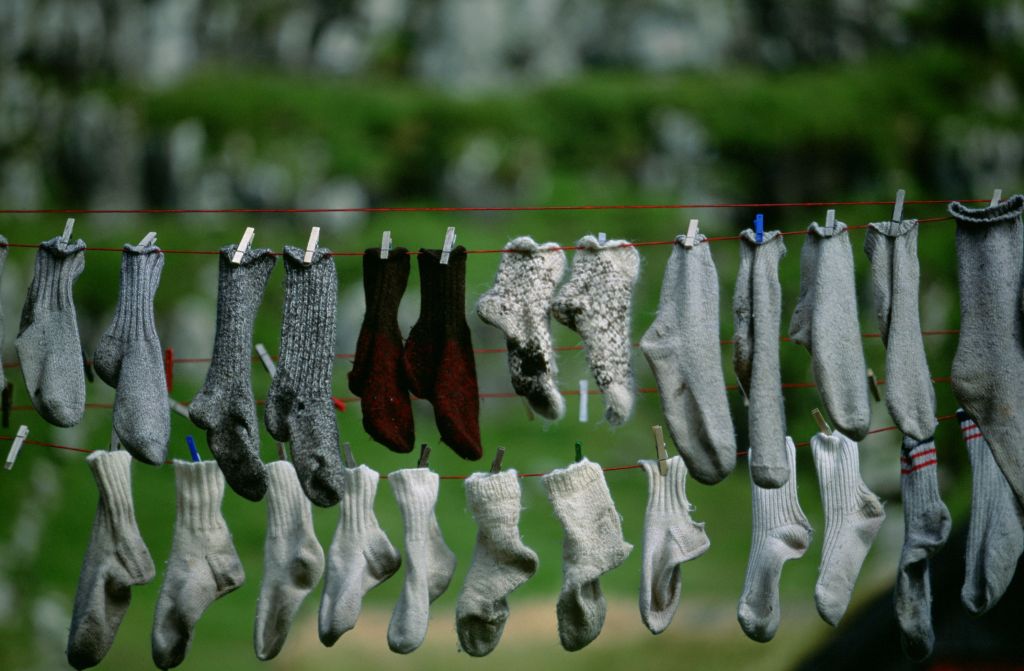
Source: fotoedu / Getty
Bresha Meadows, the 15-year-old charged with aggravated murder for fatally shooting her abusive father in July 2016, reportedly accepted a plea deal on Monday. According to The Huffington Post, Bresha will have served a year and one day in juvenile detention before spending six months at a mental health facility. Her record will be sealed and expunged when she becomes an adult.
With credit for time served, she will be transferred to the mental health facility in about two months.
“This is a good child,” Ian Friedman, Bresha’s attorney, said yesterday at Ohio’s Trumbull County Family Court. “She grew up in an environment where every adult failed her…This did not have to happen.”
Bresha had been incarcerated for nine months since her 2016 arrest. According to reports, Bresha’s mother and other family members said Bresha’s father, Jonathan Meadows, had been abusing the family for years.
“She is my hero; I wasn’t strong enough to get out and she helped me,” Brandi Meadows, Bresha’s mother said in an earlier interview. “I am so sorry she had to go through this…She helped me; she helped all of us so we could have a better life.”
The #FreeBresha Campaign released a statement following the initial plea deal offer earlier this month:
“We maintain that being forced to be at a facility is not freedom and it is not care,” it reads. “Bresha’s plea deal does nothing to transform the systemic failures that led to her imprisonment. Police and family services failed to support Bresha, essentially forcing her back into her violent home. How will these systems account for these failures, including offering restitution to Bresha Meadows and her family? What transformations will be secured to prevent the same failures from impacting the lives of other young people? How will we, as communities, account for our failure to protect children like Bresha, and ensure that fewer children are faced with desperate choices? We demand that all survivors have the right to defend their lives, especially Black girls and other youth of color who are targeted for punishment and criminalization.”
















